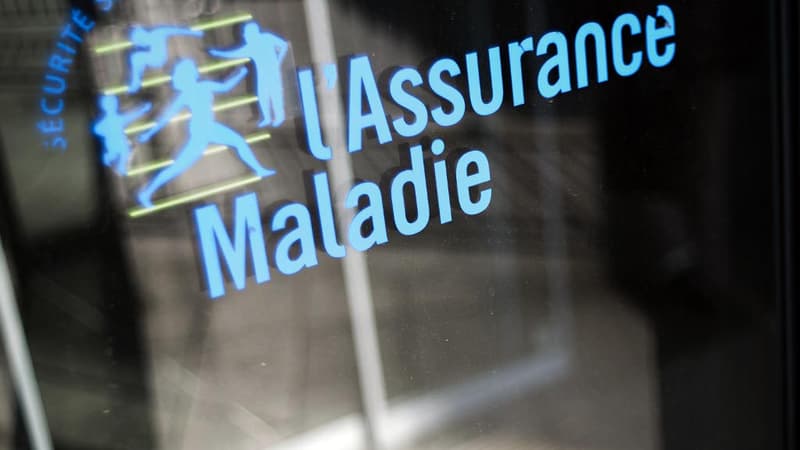The National Assembly addresses this Monday the draft Social Security budget for 2026, whose examination has been postponed to include the suspension of the pension reform, and which promises to be explosive with exceptionally strong economies.
Since last Tuesday, several ministers (Health, Public Accounts, Labor, Solidarity) responded to the deputies, in the Social Affairs Commission, to a series of questions and criticisms about the Social Security financing bill (PLFSS). This foresees massive savings to reduce the deficit to 17.5 billion in 2026 (23 billion in 2025).
“It is an initial copy”, “the debate is open” and the final version “will be very different”, they repeated, seeking to clear the ground while affirming the need to control expenses and “empower all stakeholders.”
The start of consideration of the bill in the Assembly committee was initially scheduled for Thursday. But it had to be postponed until 9:00 a.m. on Monday, after the Government presented a “corrective letter” directly integrating into the text the suspension of the pension reform, promised to the socialists in exchange for their non-censorship. The project suspends the progression towards age 64 until January 2028, as well as the increase in the number of quarters to contribute in order to begin contributing fully.
Retirees go to work
On Monday, the Republicans will propose eliminating this suspension, while the socialists will seek to integrate long races into it. If the Assembly votes in favor of the suspension, the Senate, controlled by the right and the centrists, will reinstate the pension reform, the president of the upper house of Parliament, Gérard Larcher, warned on Saturday. The cost of the suspension is estimated at 100 million euros in 2026 and 1.4 billion euros in 2027.
To finance it, the options chosen – a contribution from complementary health insurance and retirees – are controversial. Especially since the draft social security budget presented by the Lecornu 2 government is exceptionally rigorous from a financial point of view. The executive limits the increase in spending on health insurance to 1.6%, while it naturally increases each year by around 4%, driven in particular by the aging of the population. And it has seven billion in health savings, many of them painful.
Several measures are aimed at patients: new increase in deductibles (patients remain responsible for consultations and medications), less reimbursement at the dentist, limitation on the duration of a first sick leave… This project is “deeply unfair and ineffective”, considered France Assos Santé, the main federation of patient associations.
Other criticized proposals: additional taxes on supplementary health insurance, employer contributions on restaurant vouchers and CSE jobs, or even an additional contribution on excessive doctors’ fees. At the hospital, this is “the worst cost savings since the 2010s,” according to the hospital federations.
Deep disagreements
The freezing of pensions and all social benefits (RSA, family allowances, APL, etc.) in 2026, to generate 3.6 billion euros of savings, should also provoke lively debates. As with the finance bill, Prime Minister Sébastien Lecornu has committed not to use the constitutional weapon of 49.3 to approve this text of almost 680 billion euros of spending, that is, more than the draft state budget. However, disagreements between political forces are deep and the time allocated is limited.
In total, 1,575 amendments to the text were presented, according to a count carried out by the Assembly on Friday night. A priori, the debates should end in committee next Friday. The text must then reach the chamber on November 4, with a vote scheduled for the 12th, before its transmission to the Senate.
Discussions on the state budget began in the Assembly a week ago. The equation promises to be particularly difficult for Lecornu’s government, which faces conflicting mandates from political groups. The head of the Socialists, Olivier Faure, raised on Sunday the specter of a new dissolution if the Government does not give in in the coming days with a tax on great wealth.
Source: BFM TV


